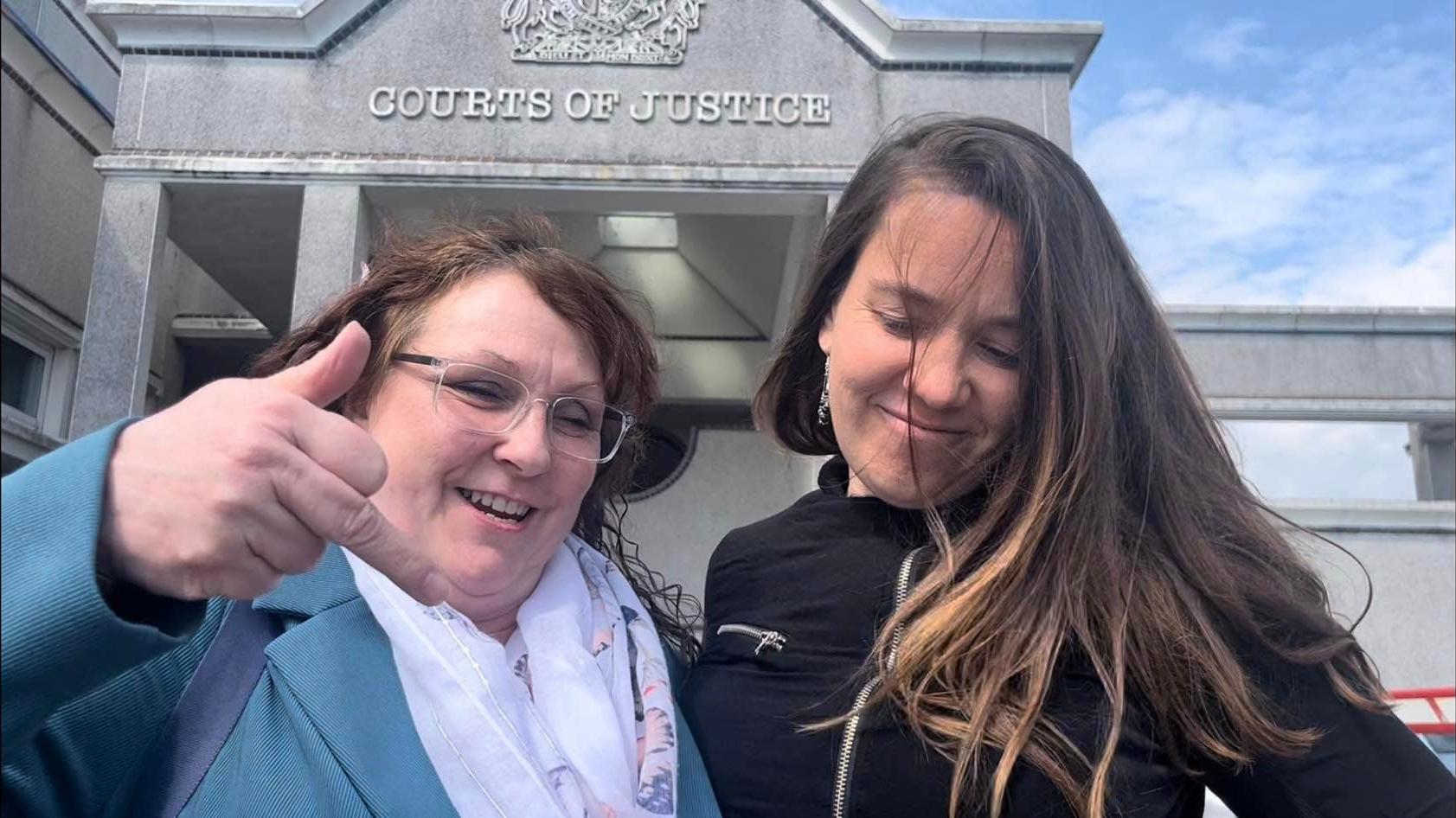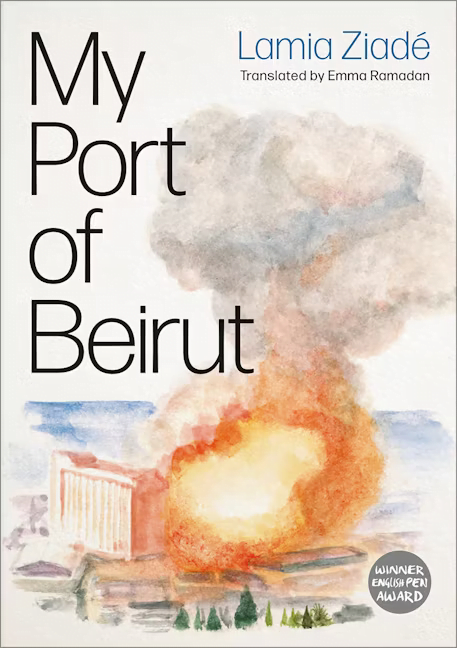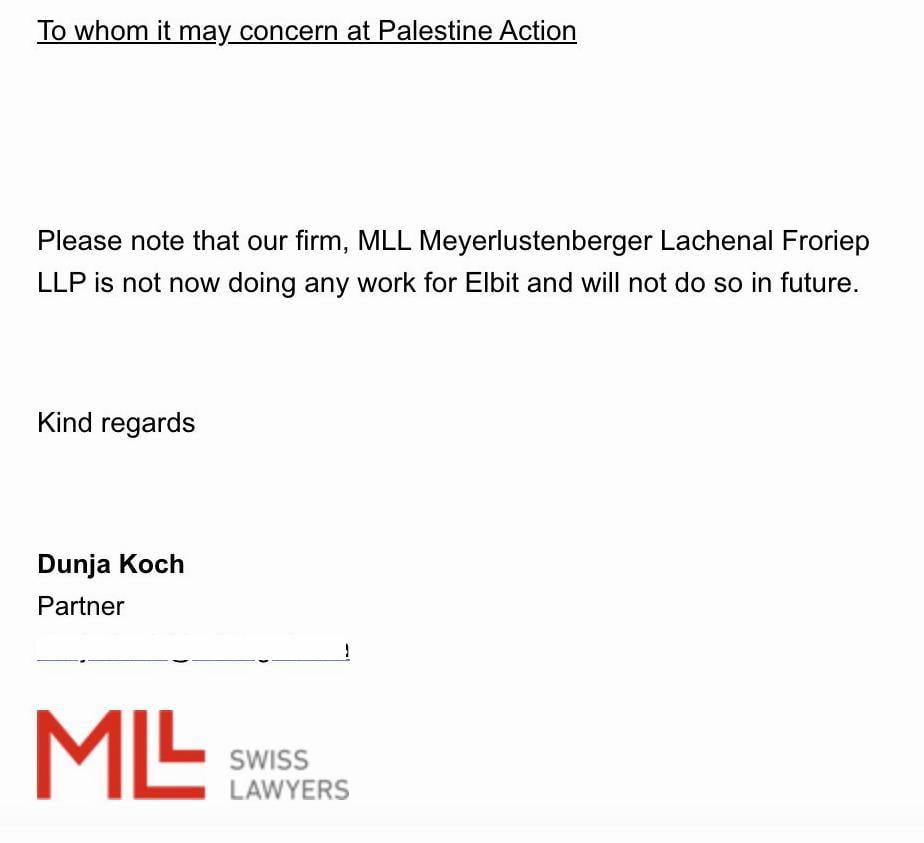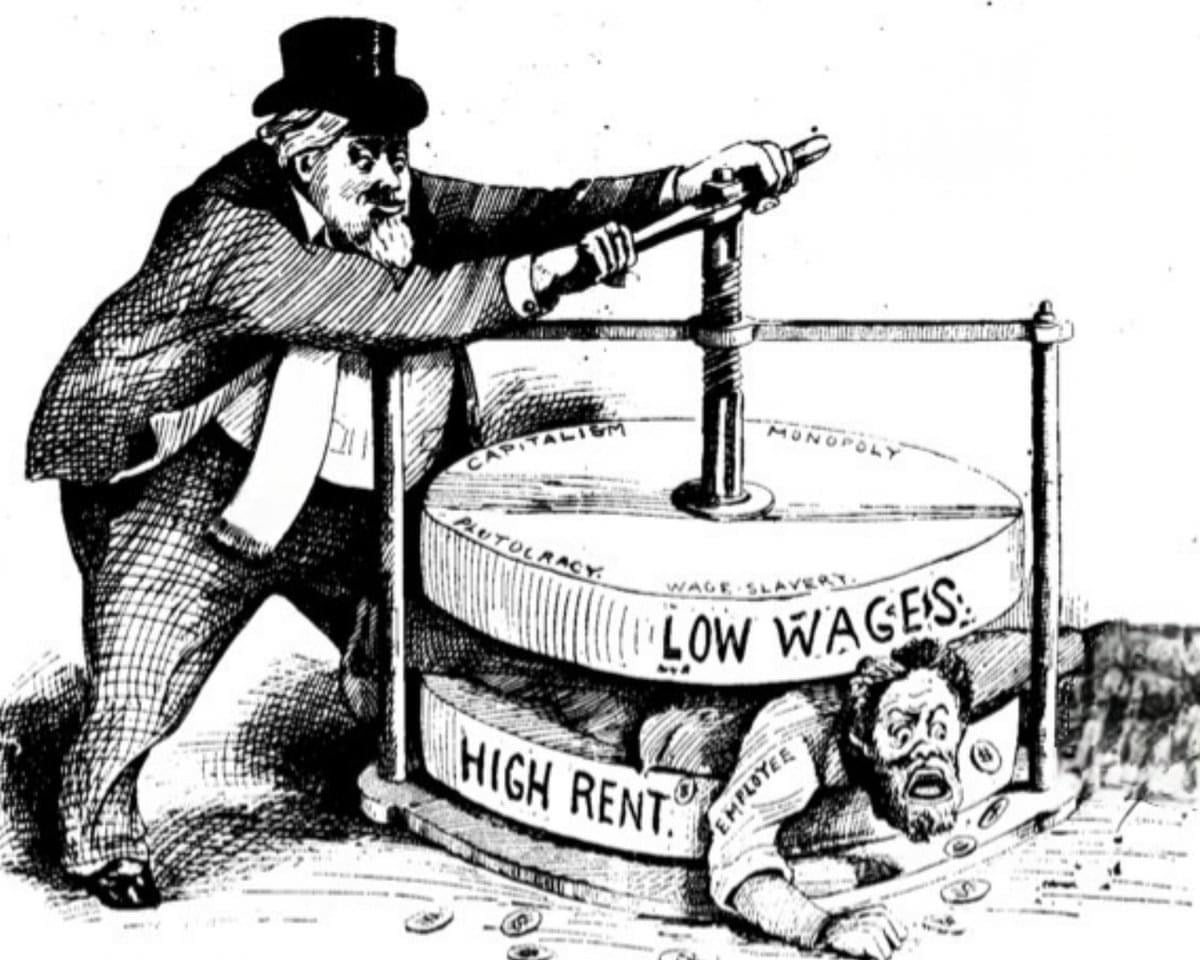In July 2014 a number of people from Class War had gathered in South Norwood for the opening of the Sensible Garden, a strip of unused land reclaimed by the South Norwood Tourist Board for the community. One of them was angry, which I guess isn’t too unusual for Class War. On this particular occasion it was a newspaper report highlighting social segregation at a block of flats at One Commercial Street in Aldgate on the edge of the City of London that had provoked.
They burst into the gathering saying that something had to be done. They insisted. At that moment the best political campaign I’ve ever been involved in started and the ripples from that day continue to spread out. Last week the government announced that they would end what became known as Poor Doors and the segregation they create.
I committed to being a Class War election candidate in autumn 2013 and the Poor Doors campaign overlapped our preparations for the 2015 general election. In fact I don’t think you can write about the Class War election campaign without telling the story of their Poor Doors campaign too. I’m currently writing a thesis on what Class War did in the election, how and why they stood candidates and Poor Doors helps set the scene.
I’m not going to write about the election here too much but it is important to point out what the Poor Doors campaign gave us. It provided a focal point to rally behind. Very quickly the protests we held turned into weekly gatherings. The dates and times were well publicised and the protests just seemed to grow and grow. It was in the pub before and after Poor Doors protests that Class War (at least the London part of it) were able to do their election planning on top of arranging the protests themselves. As a method of organising it was somewhat unorganised but it was amazing how much was achieved as people just openly discussed the plans for the protests, huddles around pints in small groups: traditional Class War democracy in action.
We had been looking for a reason to have weekly meetings for a while for the purpose of the election and then suddenly this issue made it possible. Not that any of the discussions were officially minuted or an agenda produced. It was much more organic than that. It was simply a regular time and place where people got organised.
The protests themselves were sometimes just festival like. Musicians came along as we talked to passers-by. Other protests were a bit more aggressive in style. At the second protest I recall a resident in the rich area of the flats dropping urine on the protest below, much to the annoyance of the police when that whipped up anger. Sometimes people from the poor area of the flats would join us to tell us about what segregation feels like.
As the protests grew, so did the police presence. This led to arrests on four occasions to my counting. On one occasion we managed to get into the foyer of the rich flats and in the altercations that followed a vase of flowers was knocked off a desk resulting in arrest for Ian Bone, and the some imaginative adverts for the next protest on behalf of the anarchist group Vase War. One person was arrested for refusing to let go of what the police claimed was an offensive banner declaring politicians David Cameron, Ed Miliband, Nick Clegg and Nigel Farage “All Fucking Wankers”. At the protest on November 5th 2014 Jane Nicholl was arrested for setting fire to an effigy of Boris Johnson who was London mayor at the time. Finally in the run up to the election Lisa Mckenzie, who had got involved with Class War for a time after coming to an early Poor Doors protests and then becoming a Class War candidate in the election, was arrested for allegedly putting a sticker on a window at the development.
Class War wouldn’t have had Lisa and at least one other candidate if it hadn’t been for Poor Doors. It seemed to inspire people to sign up to helping the election campaign in whatever way they could and we saw our online presence grow as a result. This enabled us to organise two massive protests early on coinciding with the London Anarchist Bookfair and student protests in October and November respectively. The protest on the day of the national student march included some battles with the police as the crowd swelled into the road and attempted to gain entry to the building.
In November 2014 the owners of the building gave up and sold it on. The new owners were willing to negotiate so Class War went into discussions with them. I’m told the meeting didn’t go well and so a truce was short lived. Protests restarted and the break didn’t prevent momentum. The protests just got bigger and more interesting. The introduction one evening of flaming torches and a spontaneous march blocking Tower Bridge produced some fantastic photo opportunities but also took the message beyond the local area.
Likewise, the publicity that Class War received meant that the protests were known about beyond our own little world. Union banners were brought along and other groups came to provide solidarity. The E15 Mothers were visitors on occasion for example and there was a sense that housing campaigns were coming together, links were being made and a general fightback being organised.
Of course, fighting poor doors at one residence could only ever really be symbolic of a wider problem and by the New Year we were starting to wonder how long we could carry on. A second front was created for us with the news that a new development at Tower Bridge would also have poor doors and segregated garden space. This created problems for a small group. I don’t want to give the impression that hundreds of people turned up to every Poor Doors protest. Sometimes it was just a few of us. Sometimes it was rowdy and sometimes it was just jolly. The importance was that it was a regular nuisance to the powerful and a regular chance for us all to get together.
The Class War Womens Death Brigade (WDB) was formed during the protests. There are frankly better people to talk about this group than me, except to say that it emphasised the Class War in its current iteration perfectly. When Jane Nicholl was arrested and subsequently banned from protesting at the building until her trial, the following protest saw the WDB turn up wearing identical outfits to the one worn by Jane when she was arrested. Solidarity was the order of the day while Jane waited in a pub just outside the exclusion zone for a post protest drink or two. Meeting weekly allowed this to be just as much a social event as a political protest. And this consequently made it difficult to police. The sight of a several women dressed identically dancing behind a banner a declaring “FUCK CAPITLAISM, FUCK PATRIARCHY” seemed to flummox the police a little. They really didn’t know how to deal with them.
One week before the election the first Fuck Parade was organised. The idea was to have a party through the streets, starting at One Commercial Street and then just moving off wherever the crowd chose to go. It was May Day and the turnout was fantastic. Protests were always good when the Met Police were busy. It often meant the City of London Police were called in to deal with us instead. They didn’t seem to have a clue and were prone to making the odd mistakes which whipped up the crowd. The Met, let’s face it, know how to handle large crowds. That frisson of excitement you get when you see the Met have left it to the numpties this week because they’re stretched doing other stuff.
On the day of the general election some of us were in court with Jane Nicholl watching the police try to argue that effigies shouldn’t be burned on Guy Fawkes Night. Actually they kept changing the charge in an effort to get her locked up. They eventually settled on endangering life and relied on one of their number being the person terrified for their existence. The only problem they had was the evidence of collusion in their notes and the fact that the only picture of the terrified officer was of him standing close to the effigy as it burned, with his hands behind his back, smiling. Their case collapsed. The Met may be good at crowd control, not so hot in court as was proved with the other cases. Lisa McKenzie was found not guilty later and much later the protester who had been arrested for refusing to let go of the ‘offensive’ banner had their case collapse before it reached court as it turned out the police had destroyed the banner: the only evidence they had.
Now we have the news that the Tories plan to outlaw Poor Doors. An opportunity missed by Mayor of London, Sadiq Khan, who pledged to do this when he came into office. A victory for Class War? Well, we’ll say so. The Poor Doors protests are significant for a number of reasons. The first is that they helped Class War organise for the election campaign. The second is that they renewed Class War, giving it a regular weekly outing which brought in new people and new ideas in the fight against gentrification. The third is that it kept the issue of poor doors in the news. The media rarely mention the Class War campaign itself but would the issue be prominent if those weekly protests hadn’t captured the imaginations of people? The protests were reported on around the world and Class War ensured that.
Organising weekly protests is something I’ve done with a few different groups now. With each one they have turned out to be amazing and successful. I think we can learn a great deal from the Class War Poor Doors protests. Even meeting just socially before and after the protest was enough to get things ready and prepared each week. Imagine what could be achieved with agendas and minutes, if you must.
Victory to Class War then but more importantly the end of poor doors seems in sight. Those of us involved will rejoice at that but we will also always miss those vibrant, fun, protests. They were a wonderful way to do politics.
Jon Bigger
Photo credit: Peter Marshall








